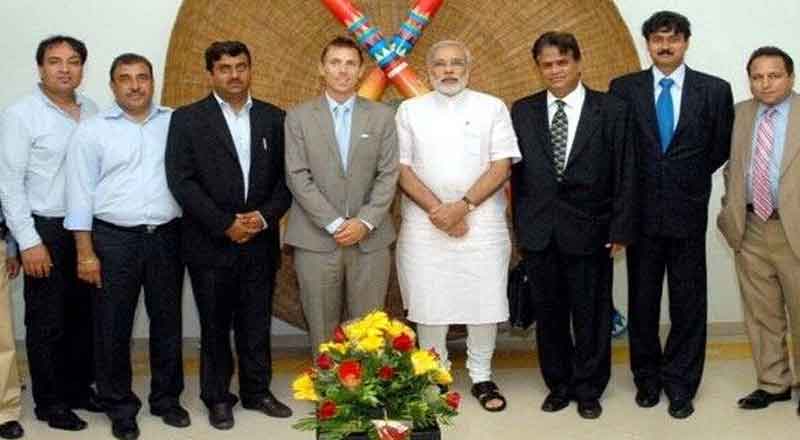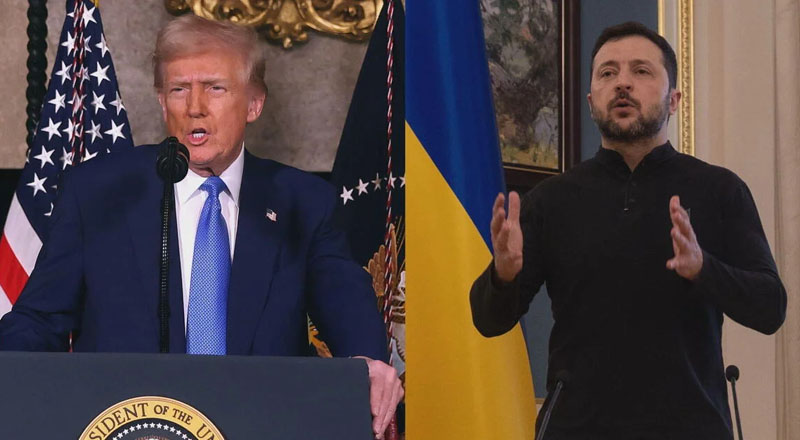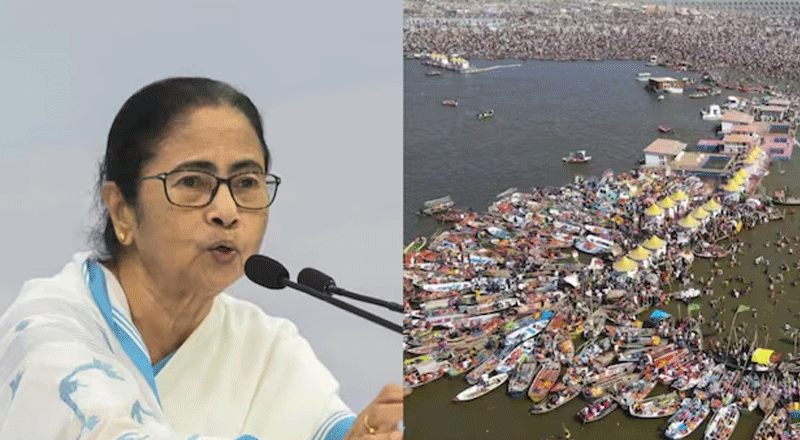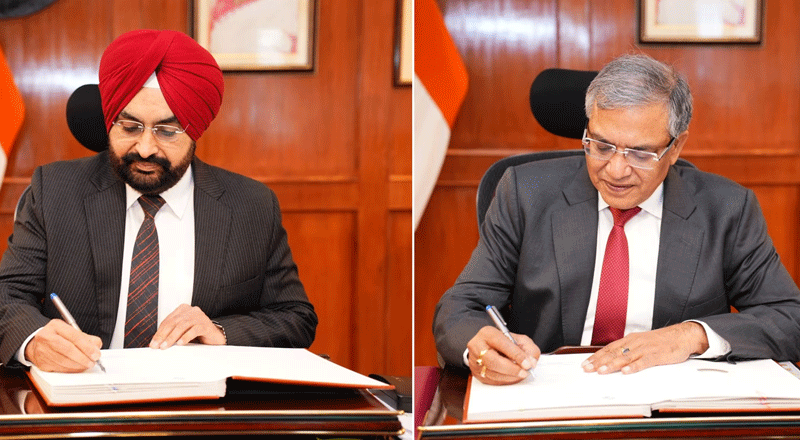The Prime Minister, Shri Narendra Modi addressed the G20 Environment and Climate Ministers’ Meet in Chennai via video message today.
Welcoming the dignitaries to Chennai, the Prime Minister remarked that the city is rich in culture and history. He also urged them to explore the ‘must visit’ destination of Mamallapuram which is a UNESCO World Heritage site and one can experience inspiring stone carvings and its great beauty.
Quoting the great poet Thiruvalluvar from about two thousand years ago, the Prime Minister said, “Even the oceans will shrink, if the cloud that has drawn its waters up, does not give it back in the form of rain”. Speaking about nature and its ways of becoming a regular source of learning in India, the Prime Minister quoted another Sanskrit Shlok and explained, “Neither rivers drink their own water nor trees eat their own fruits. Clouds also don’t consume grains produced by their water”. The Prime Minister emphasized providing for nature as nature provides for us. He said that protecting and caring for Mother Earth is our fundamental responsibility and today, it has taken the shape of ‘Climate Action’ as this duty was ignored by many for a very long time. Based on India’s traditional knowledge, the Prime Minister said that Climate Action must follow ‘Antyodaya’ which means ensuring the rise and development of the last person in the society. Noting that countries of the Global South are particularly impacted by Climate Change and environmental issues, the Prime Minister stressed the need to enhance action on commitments under the ‘UN Climate Convention’ and the ‘Paris Agreement’ as it can be crucial in helping the Global South fulfill its developmental aspirations in a climate-friendly way.
The Prime Minister expressed pride in informing that India has led the way through its ambitious ‘Nationally Determined Contributions’. He mentioned achieving the installed electric capacity from non-fossil fuel sources 9 years ahead of the target of 2030 and now setting the bar even higher through updated targets. He also mentioned that today India is one of the top 5 countries in the world, in terms of installed renewable energy capacity and informed that the country has set a target of attaining ‘Net Zero’ by 2070. Shri Modi expressed optimism as India continues to collaborate with its partners through alliances including International Solar Alliance, CDRI, and the ‘Leadership Group for Industry Transition’.
“India is a mega-diverse country”, the Prime Minister remarked as he highlighted the consistent actions taken on biodiversity conservation, protection, restoration and enrichment. He expressed happiness that the restoration of priority landscapes impacted by forest fires and mining is being recognized through the ‘Gandhinagar Implementation Roadmap and Platform’. He mentioned the recently launched ‘International Big Cat Alliance’ for the conservation of seven big cats on the planet and credited the learnings of the ‘Project Tiger’, a pioneering conservation initiative. He informed that 70 percent of the world’s tigers are found in India today as a result of Project Tiger. The Prime Minister also touched upon work being underway on Project Lion and Project Dolphin.
Underlining that India’s initiatives are powered by people’s participation, the Prime Minister mentioned ‘Mission Amrit Sarovar’ which is a unique water conservation initiative where more than 63,000 water bodies have been developed in just about one year. He informed that the mission has been implemented entirely through community participation, and aided by technology. He also touched upon ‘Catch the Rain’ campaign which has led to the construction of more than 280,000 water harvesting structures to conserve water along with the construction of nearly 250,000 re-use and recharge structures. “All this was achieved through people’s participation and focused on local soil and water conditions”, the Prime Minister added. Shri Modi also touched upon effectively utilizing community participation in the ‘Namami Gange Mission’ to clean the river Ganga which has resulted in the major achievement of the reappearance of the Gangetic Dolphin in many stretches of the river. Referring to the 75 wetlands designated as Ramsar sites in wetland conservation, the Prime Minister said that India has the largest network of Ramsar sites in Asia.
Referring to the ‘Small Island States’ as ‘Large Ocean Countries’, the Prime Minister said that the oceans are a crucial economic resource for them while also supporting the livelihoods of over three billion people across the globe. He said that it is home to extensive biodiversity and stressed the importance of responsible use and management of oceanic resources. The Prime Minister expressed optimism for the adoption of ‘G20 High Level Principles for a Sustainable and Resilient Blue and Ocean-based Economy’ and called on the G20 to work constructively for an effective international legally-binding instrument to end plastic pollution
The Prime Minister recalled launching Mission LiFE – Lifestyle for Environment along with the UN Secretary General last year and said that Mission LiFE as a global mass movement will nudge individual and collective action to protect and preserve the environment. In India, the Prime Minister said, environment-friendly actions by any person, company or local body will not go unnoticed. He informed that green credits can now be earned under the recently announced ‘Green Credit Programme’. He explained that activities like tree plantation, water conservation, and sustainable agriculture can now generate revenue for individuals, local bodies and others
Concluding the address, the Prime Minister reiterated that we should not forget our duties towards Mother Nature. He expressed confidence that the G20 Environment and Climate Ministers’ Meet would be productive and successful. “Mother nature does not favor a fragmented approach. She prefers “Vasudhaiva Kutumbakam” – One Earth, One Family, One Future”, Shri Modi concluded.





